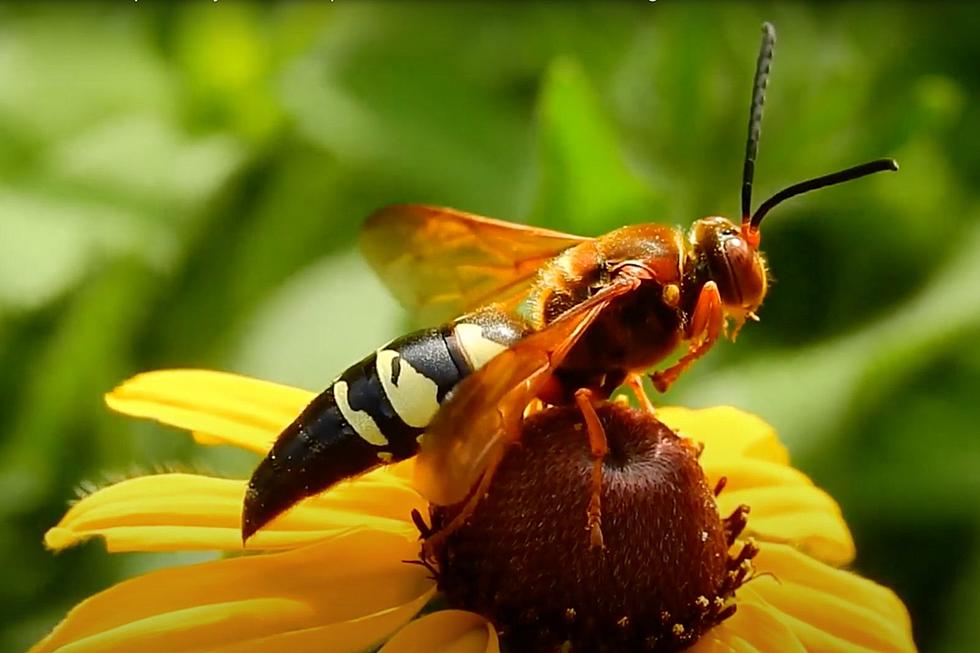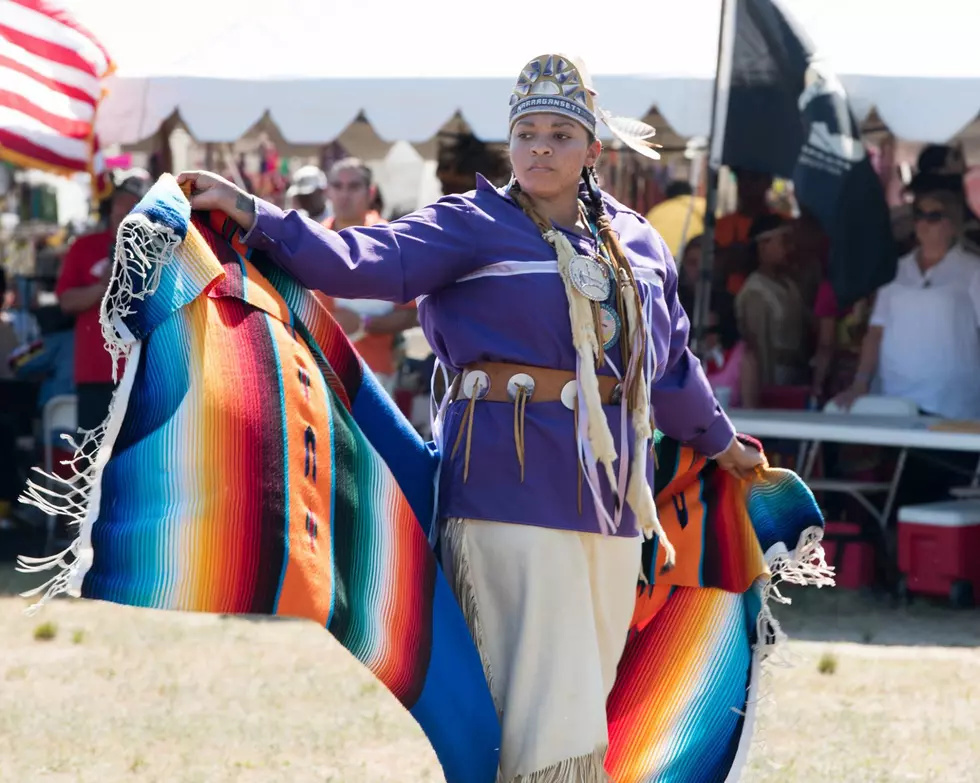
Massachusetts Is Home to Hundreds of Bee, Wasp and Hornet Species
Creepy, crawly bugs and insects are enough to give one the heebie-jeebies, but what about the flying, buzzing kind that stings? It's enough to keep you locked in the house all summer long.
Wrap your brain around this: the Hyannis-based LifeSpace Pest Solutions says, "It is estimated over 200 species of bees, wasps, and hornets reside in Massachusetts."
The company says, "Yellow Jackets, Paper Wasps, and Bald Face Hornets are three of the most common."

"Large populations" of Honeybees, Bumble Bees, and Carpenter Bees are common throughout Cape Cod, Southeastern Massachusetts and New England.
Mass Audubon says bees, wasps, hornets, and yellow jackets "inspire fear" because some sting, "these fascinating insects are vitally important to nature and our economy."
According to Mass Audubon, "Many are important pollinators of food plants that we rely on," while some wasps are "among our most effective control on crop-eating insects," and "honeybees give us tasty honey and useful beeswax."
LifeSpace Pest Solutions says Yellow Jackets "have small barbed stingers allowing them to sting multiple times." Stings can be painful and may induce severe allergic reactions.
Paper Wasps "are typically not aggressive unless disturbed when their colony is threatened." Stings may also be painful and induce severe allergic reactions.
Bald Face Hornets "have small stingers capable of stinging quickly and repeatedly." Like the others, their stings can be painful and induce severe allergic reactions.
Mass Audubon says Honeybees "can only sting once, after which they perish." Audubon says, "It's important for people to coexist with bees and wasps, which provide invaluable services to ecosystems and sustain our food production systems."
For more information about bees, wasps, and hornets in our area and how to "coexist" with them, visit the Mass Audubon website.
LOOK: 20 of the biggest insects in the world
Gallery Credit: Andrea Vale
Quiz: Do you know your state insect?
Gallery Credit: Andrew Vale
More From WBSM-AM/AM 1420









